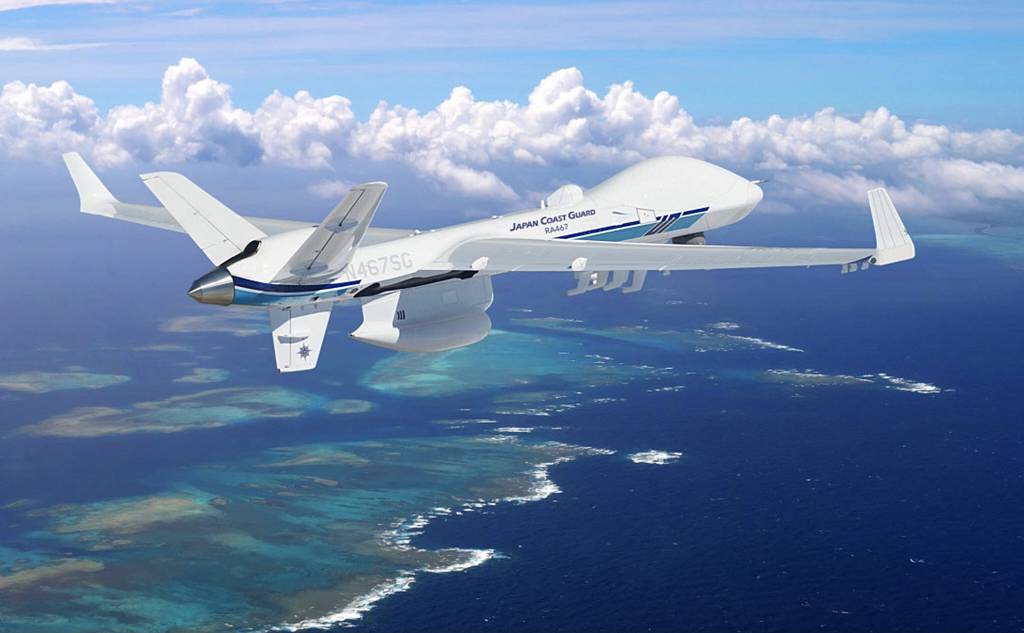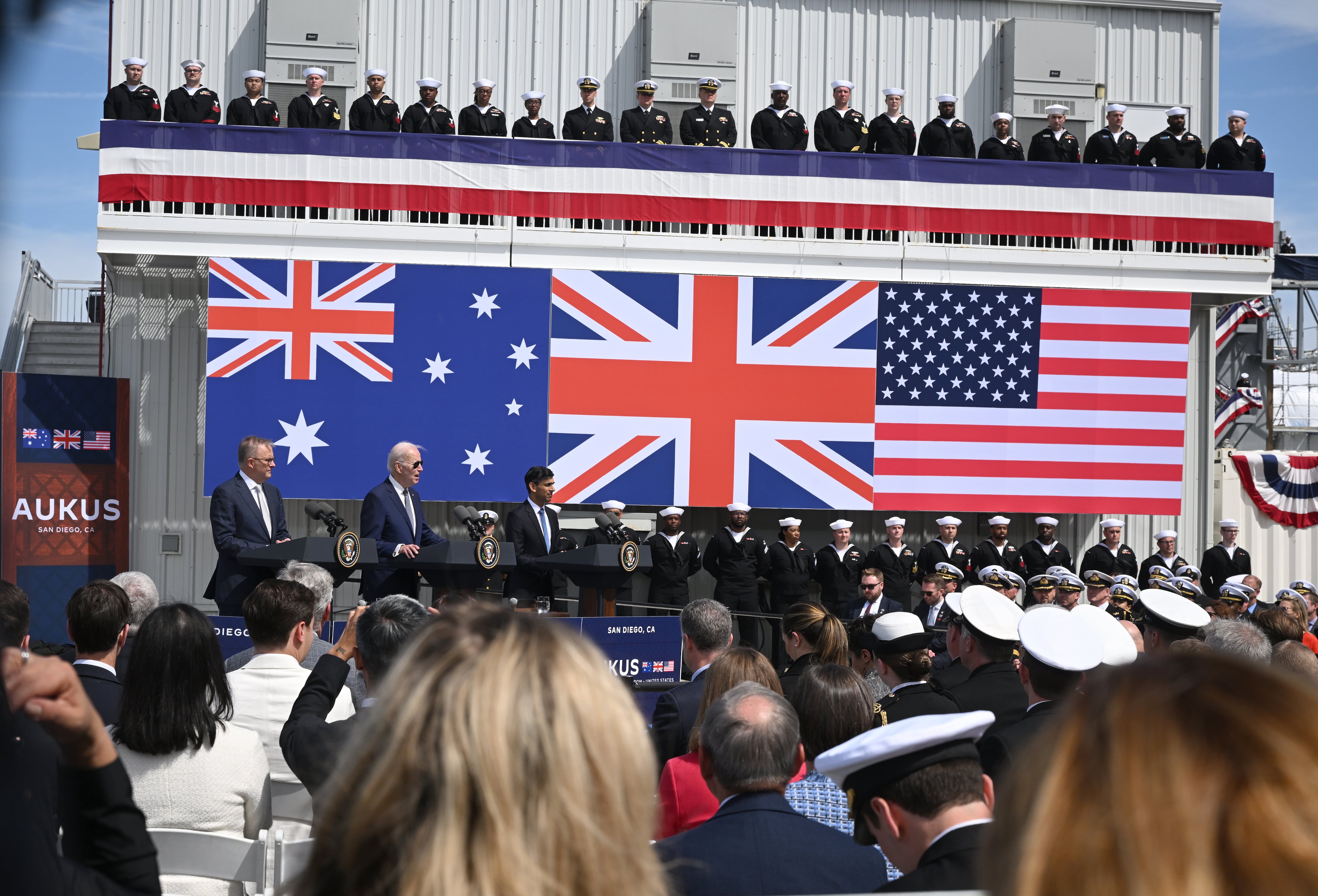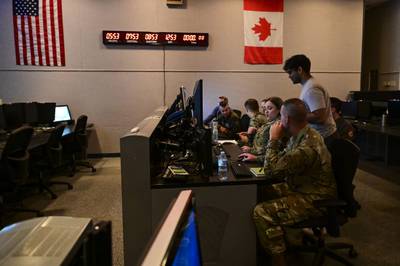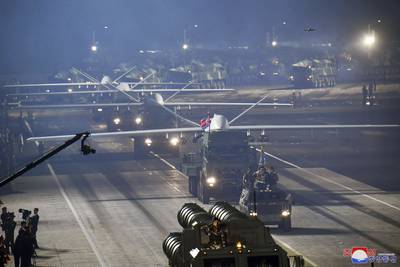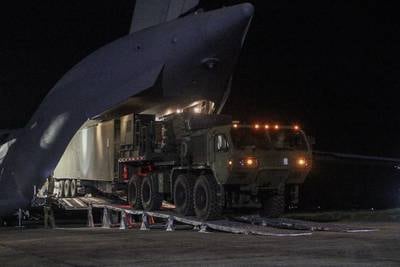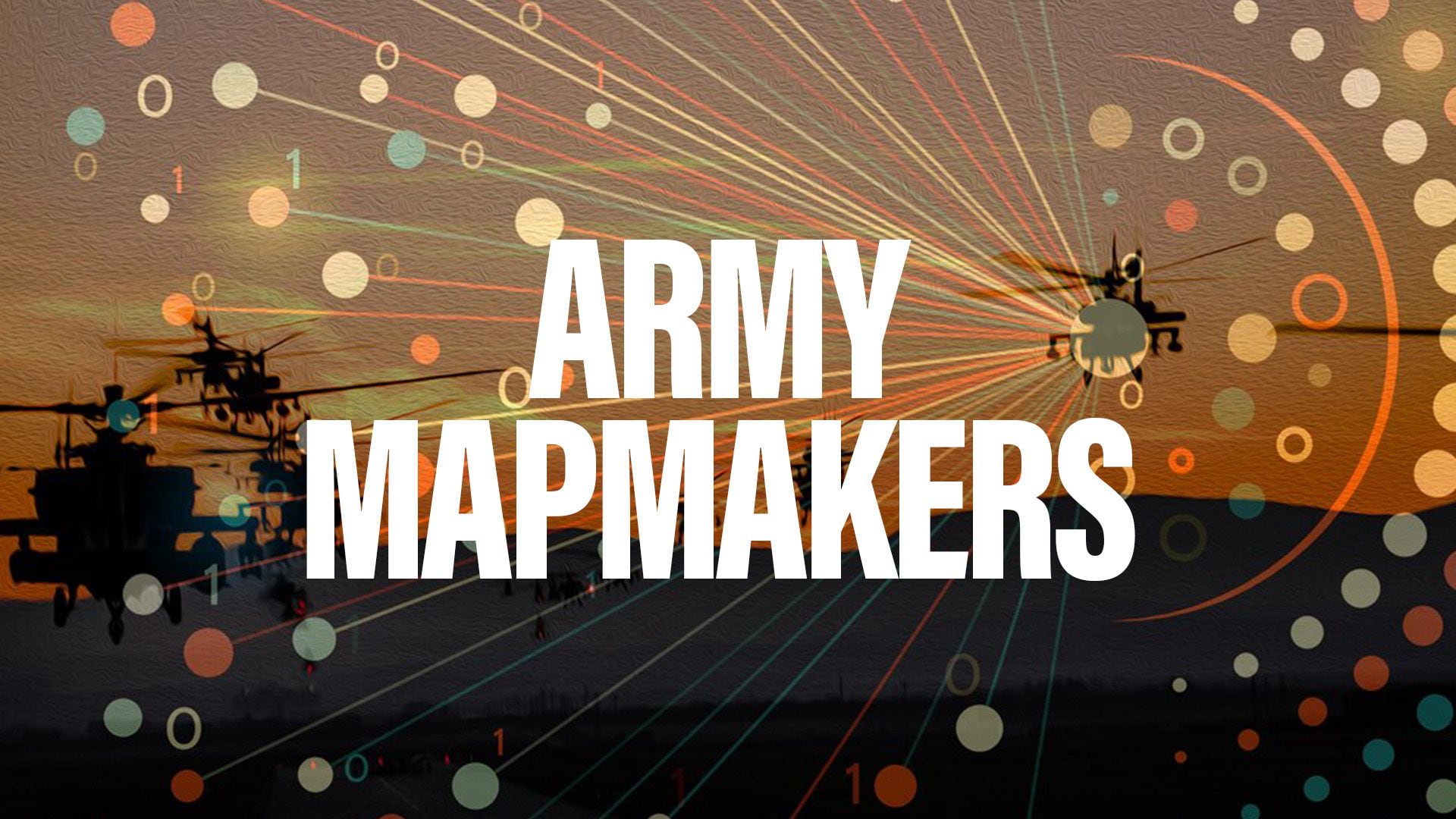SINGAPORE — General Atomics is expanding its cooperation with Japan by investing in the nuclear-energy sector, a growing relationship that executives hope will propel the company’s drone-making defense business there.
“We plan to soon announce another partnership with a Japanese company, which I cannot yet disclose, to create a new type of communications pod for Japan that can provide assistance in part in the face of natural disasters,” C. Mark Brinkley, senior director of communications at General Atomics Aeronautical Systems told Defense News at the Singapore Airshow.
“It would be designed to be used with our aircraft, though podded systems can often also be used with other aircraft as well,” he added.
In recent days, the American drone manufacturer has emphasized how committed it is to strengthening its presence in Japan.
On the first day of the Airshow, organized here from Feb. 19-23, the firm announced that they are collaborating with Japanese partners to advance the development of technologies “in the maritime security, nuclear energy, and rare earth elements sectors.”
The Japan Coast Guard and Japan Maritime Self-Defense Force have been trialing the MQ-9B SeaGuardian drone for surveillance missions since last year. Japan’s Defense Minister Minoru Kihara said that the government plans to expand the scope of the testing period.
From July to September the MQ-9B will operate from Kanoya Air Base on Japan’s southern tip, and a simulated surveillance crisis over the East China Sea will be conducted on three different occasions as part of the tests, he said.
Brinkley said that the company welcomes the tests, suggesting the drones had been performing well.
“SeaGuardian is really going to open up Indo-Pacific monitoring efforts,” he said.
As for eventually purchasing MQ-9B drone, Brinkley said the state of negotiations was “advanced.”
A report published last year by the Washington-based Center for Strategic and International Studies highlights that one of the thrusts of Japan’s Defense Buildup Plan, approved in 2022, is to broaden research and development activities and projects with international partners to boost the country’s technological base.
When asked whether General Atomics’ new investments in the Japanese nuclear-energy and rare-earth sectors were connected to possible future defense contracts, Brinkley said that the company was interested in a “holistic” relationship with Tokyo. “Our defense efforts certainly open doors for conversations in other areas,” he said.
Elisabeth Gosselin-Malo is a Europe correspondent for Defense News. She covers a wide range of topics related to military procurement and international security, and specializes in reporting on the aviation sector. She is based in Milan, Italy.
